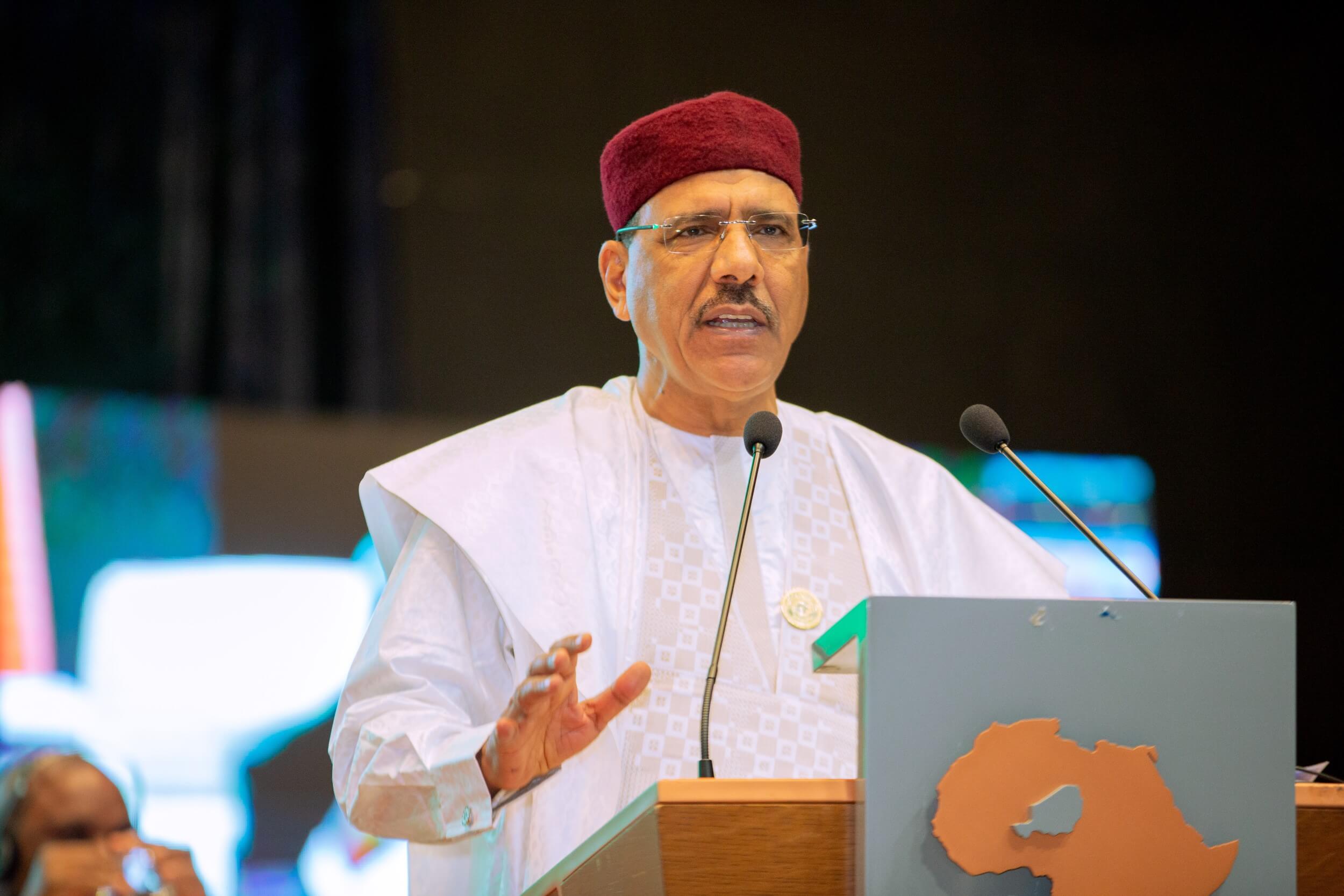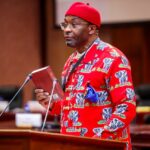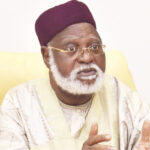Amidst the aftermath of the recent coup in Niger, a cloud of tension looms over West Africa. ECOWAS has expressed its intention to intervene militarily in order to reinstate President Mohamed Bazoum, the ousted democratic leader. However, this approach has garnered minimal support within Nigeria, as both the masses and leaders perceive it as misguided. Particularly noteworthy is the Nigeria Senate’s rejection of President Bola Ahmed Tinubu’s plea for military intervention in Niger under the ECOWAS umbrella.
Shifting towards a diplomatic perspective, the Nigerian government embarked on a new strategy by sending a delegation of esteemed figures, including former Nigerian military Head of State General Abdulsalami Abubakar and the Sultan of Sokoto, Alhaji Muhammadu Sa’ad Abubakar III. Unfortunately, their attempts to initiate a dialogue with Gen Abdourahmane Tchiani, the head of the military junta in Niger, were met with a discouraging refusal.
General Tchiani revealed that the decision of Niger’s military leaders to decline an audience with this delegation stemmed from the harsh and assertive statements initially made by President Bola Ahmed Tinubu, without first attempting softer diplomatic overtures.
However, a recent development has taken a different trajectory. The Nigerian government opted to send a delegation of Islamic scholars, featuring prominent figures primarily from the northern part of the country. This choice was rooted in the scholars’ legitimacy and the shared historical, cultural, and religious ties with northern Nigeria and Niger. Encouragingly, the Islamic scholars were well-received by the leader of the military junta. This achievement by the scholars is noteworthy and raises pertinent points for discussion.
The decision to send a delegation of Islamic scholars from northern Nigeria to Niger is ingenious for several reasons. Beyond the legitimacy status held by Islamic scholars in the Muslim north and, by extension, Niger, the prevalence of modern information technology enables the spread of audio-visual materials, making some of these scholars as well-known in northern Nigeria as they are in Niger and other countries where the Hausa language and culture have a significant presence. The fact that they were granted an audience by the leaders of the military coups in Niger attests to this reality.
This diplomatic approach, popularised by Wellmann as ‘faith-based track-two diplomacy,’ entails the involvement of religious institutions, religiously affiliated NGOs, or individual practitioners of a religious tradition to engage in diplomatic activities, much like the Islamic scholars who interacted with Niger’s leadership. The recent delegation of Islamic scholars, led by Shaikh Bala Lau, that successfully initiated a dialogue with Niger’s military leaders, sheds light on three noteworthy points.
Firstly, it underscores the significance of religious diplomacy, a dimension often overlooked by both diplomacy scholars and practitioners. This event validates the viewpoint put forth by Douglas Johnston and Cynthia Sampson in their work “Religion: The Missing Dimension of Statecraft.” Their emphasis on the potential for cooperation among nation-states through the identification of ‘shared spiritual convictions or values,’ stemming from religious ties, is aptly illustrated here.
Secondly, it demonstrates that the realm of diplomacy doesn’t always respond favourably to deterrence and coercive tactics. In fact, such measures can exacerbate already delicate situations, as seen in this instance, leading to divisions within ECOWAS and pushing the West African region dangerously close to an intra-regional conflict, with ECOWAS forces on one side and West African military regimes on the other.
Thirdly, it highlights Nigeria’s abundant diplomatic assets and their untapped potential for wielding influence and power. In today’s world, the concept of ‘smart power’ is integral to foreign policy and diplomacy, advocating the balanced deployment of hard power and soft power resources to achieve diplomatic goals. This Niger situation exemplifies Nigeria’s opportunity to harness its extensive soft power resources, thereby enhancing its foreign policy execution and the promotion of its national interests across West Africa, Africa and beyond.
Considering the promising potential of religious diplomacy and, more broadly, Nigeria’s abundant soft power resources, as evident from the constructive dialogue between Islamic scholars and Niger’s coup leaders, Nigeria is exceptionally well-equipped to leverage and further deploy such assets in its upcoming diplomatic pursuits.
With its rich cultural and religious heritage, Nigeria possesses a wealth of advantageous attributes. This includes a diverse range of distinguished individuals both within the country and abroad, who hold the potential to effectively advocate for its interests across various diplomatic arenas. Such an approach holds the promise of yielding more favourable outcomes than conventional track-one diplomacy might achieve. Embracing this multifaceted strategy has the capacity to propel Nigeria’s foreign policy toward unparalleled heights of accomplishment.
To conclude, the decision to convene a panel of Islamic scholars and entrust them with the pivotal role of initiating a dialogue with Niger’s military leaders is truly praiseworthy. This strategic move holds the potential to restore a heightened sense of confidence in the foreign policy direction of the administration that Nigerians resolutely voted for and entrusted with the crucial task of charting a course towards a more promising future just a few months ago.
Usman, PhD is a Research Fellow at, Asia Middle East Centre for Research and Dialogue

 Join Daily Trust WhatsApp Community For Quick Access To News and Happenings Around You.
Join Daily Trust WhatsApp Community For Quick Access To News and Happenings Around You.


